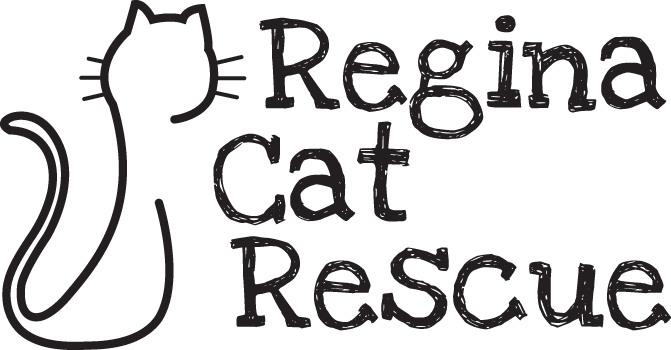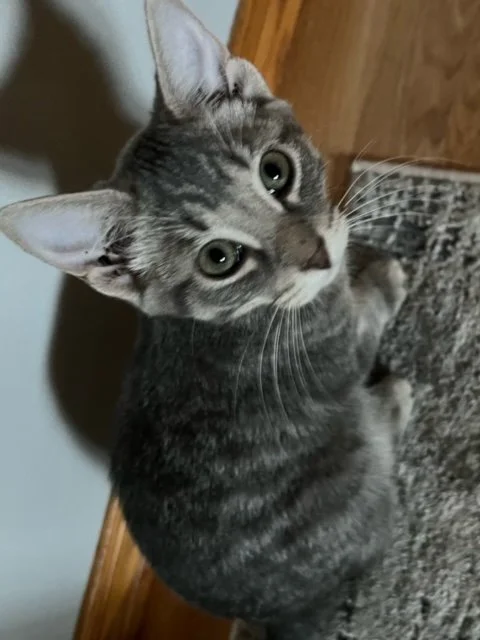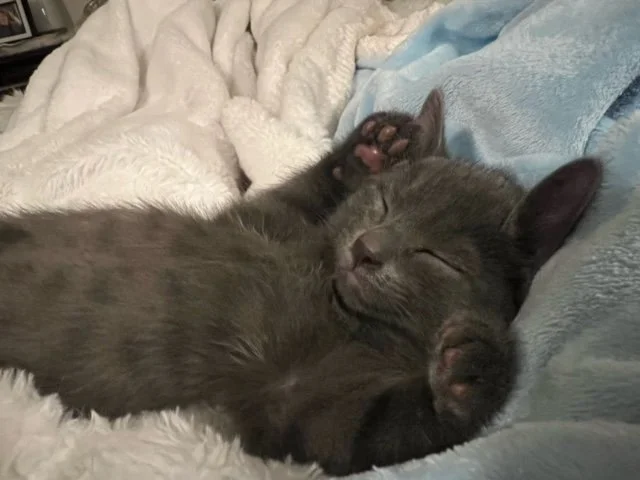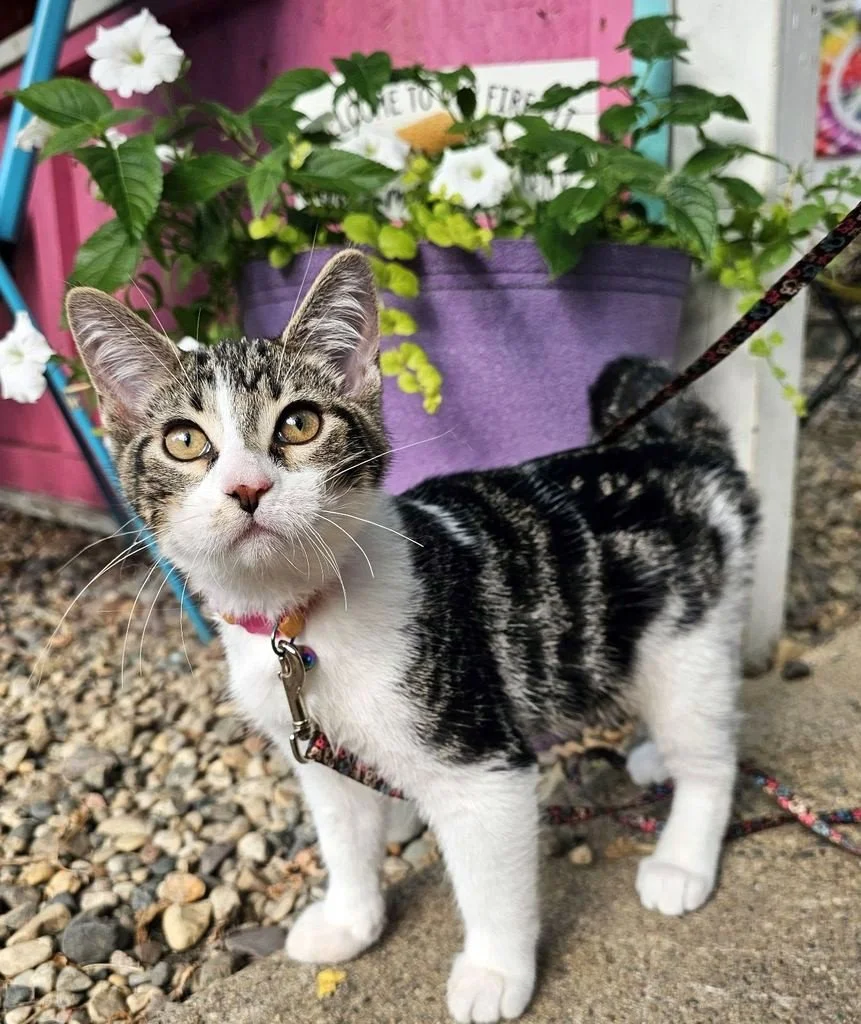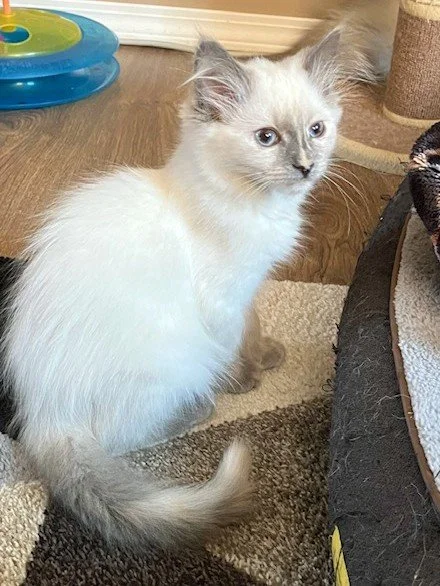Our Programs
/Foster Home Program
Our foster families are the backbone of the animal rescue work that People for Animals does. PFA takes care of all of the medical bills, and we handle the adoption details. We will even provide food and litter if needed. All you need to foster is a loving heart, and a spare room. The animals don't even need to have the run of your house if you have other animals at home that you're concerned about.
Sometimes an animal will be adopted within a matter of weeks, and sometimes it takes several months. We have found that fostering animals within a home greatly reduces their stress levels, and helps PFA to get to know the animal better. We are able to tell prospective adoptees exactly what kind of personality the animal has, and who they would do best with as a forever home.
Right now we have urgent cases that need foster homes so that we can save them from a life on the street. Can you help?
If you are interested in becoming a foster home with People for Animals, please contact us.
Trap, Neuter, Release Program for Feral Cats
Feral cat colonies exist world-wide from Athens, Greece to Strathmore, Alberta. Canada’s most renowned feral cat colony is located next to Ottawa’s Parliament buildings. Regina has its very own Feral Cat Colony Program, run by dedicated volunteers and funded by donations from people like you.
A feral cat can be a domestic cat that was lost or abandoned and as reverted to a wild state, or a cat that was born to a stray or feral mother and has had little or no human contact. Adult feral cats are usually impossible to tame and are not suited to cohabiting with people. They live in family groups called colonies that form near a source of food and shelter.
The best method to control the population of feral cats is to trap, neuter/spay, and release (TNR). TNR is the most effective, humane, and accepted method in every region of North America.
Many believe that these cats have short, miserable lives having to fend for themselves all the time. The truth is that the well-being of feral cats is most compromised by behaviors associated with mating and giving birth to endless litters of kittens. Spaying and neutering significantly changes the picture. Male cats no longer fight and roam. Female cats no longer bear kittens. Vaccination and de-worming ensures a higher level of health. Feral cats in managed colonies frequently live 10 years and longer. (Source: Happy Cat Sanctuary). Animals are part of our environment and part of our lives. They feel pain and fear, and suffer too much of both at the hands of humans.
- Feral Team Feeder Job Description
- Photo Gallery of Feral Cats and Feral Cat Shelters
- PFA Trap, Neuter/Spay and Release (TNR) Program
The following links offer additional information on animal welfare issues, pet care, feral cat care, and successful TNR programs:
- Scat Street Cat Rescue Program Inc.(Saskatoon)
- Alley Cat Allies (Maryland)
- Parliament Hill feral cat colony (Ottawa, closed by volunteers in 2013)
- Happy Cat Sanctuary (Strathmore, Alberta)
- Humane Society of Canada
- Chicago PAW
